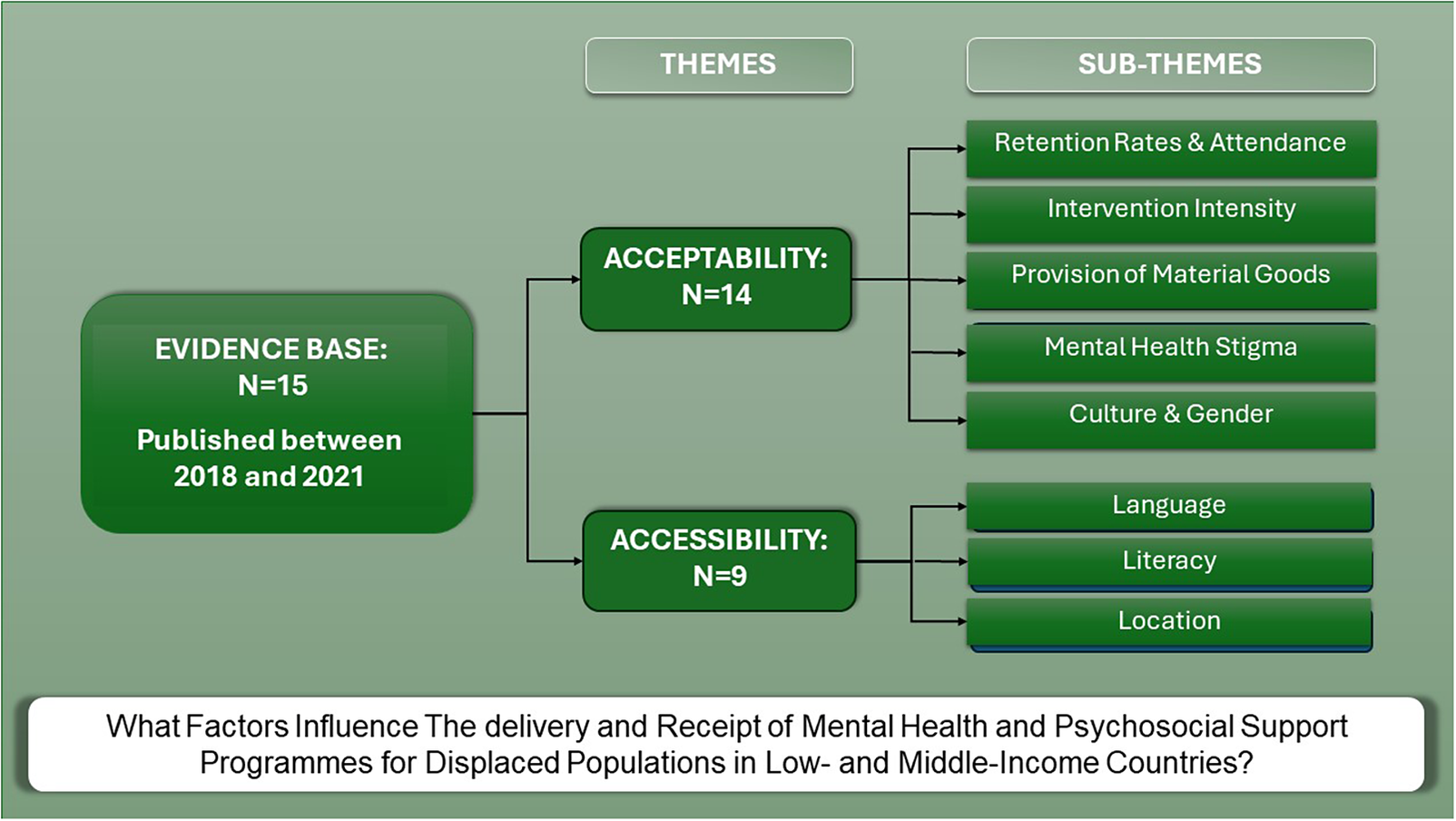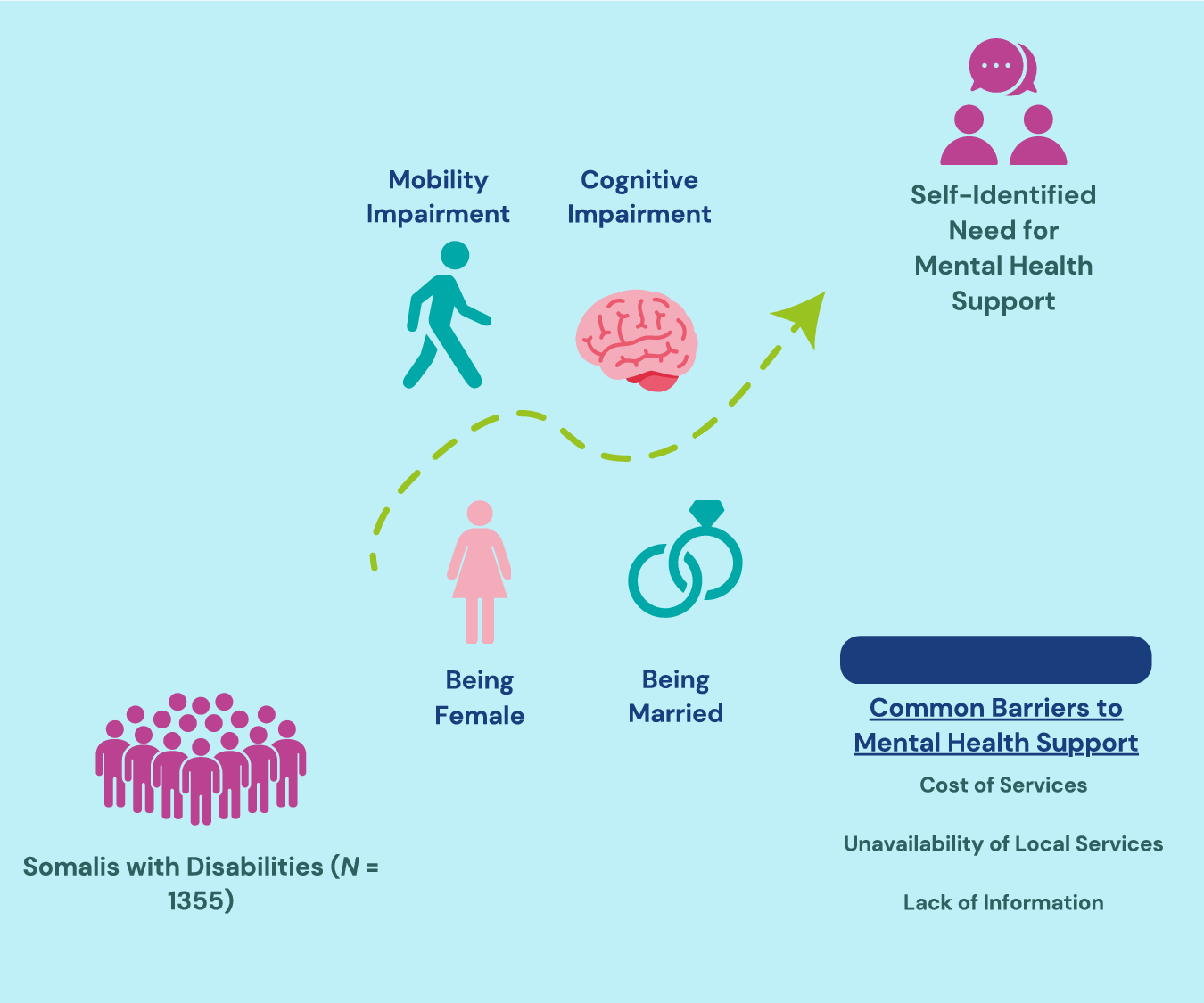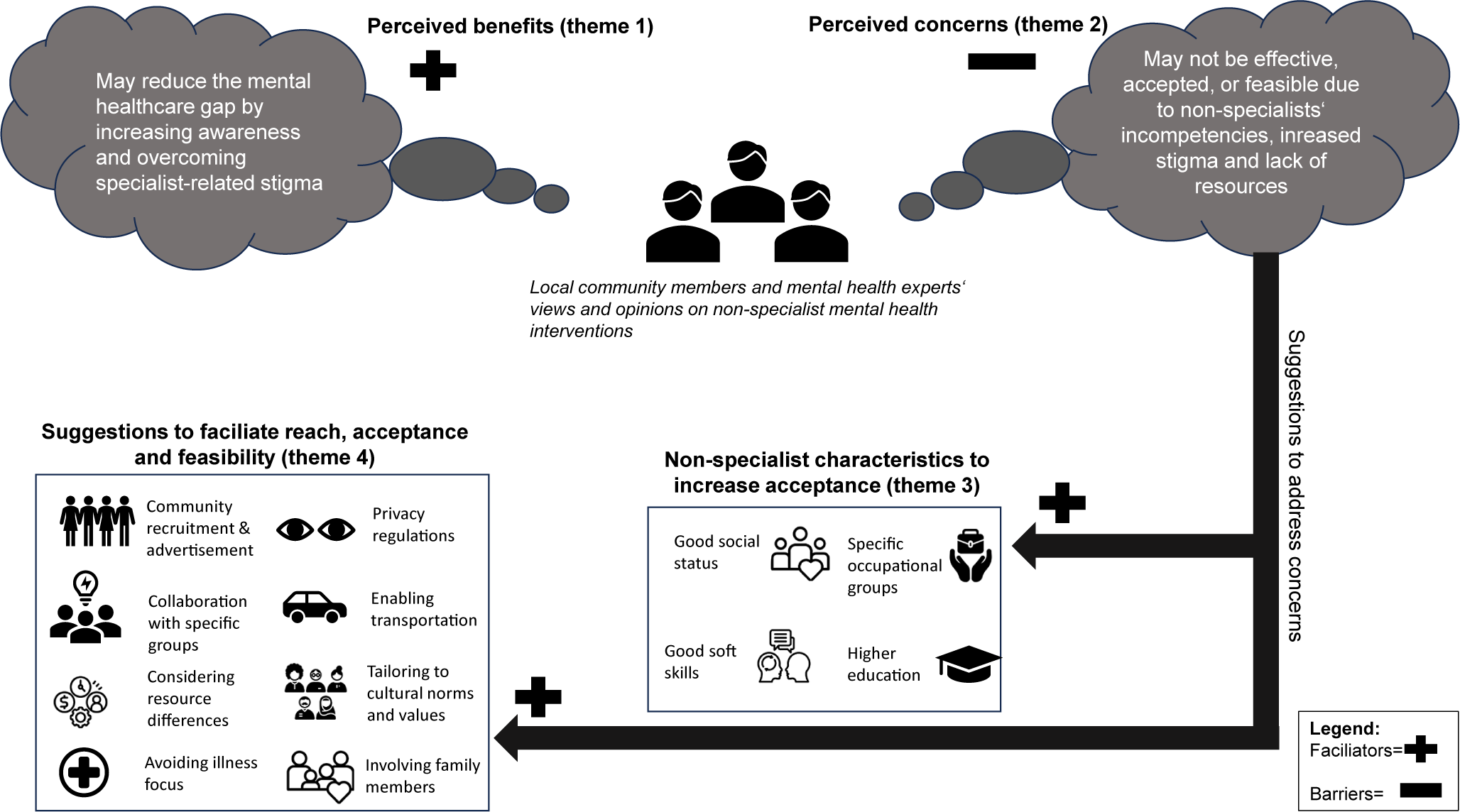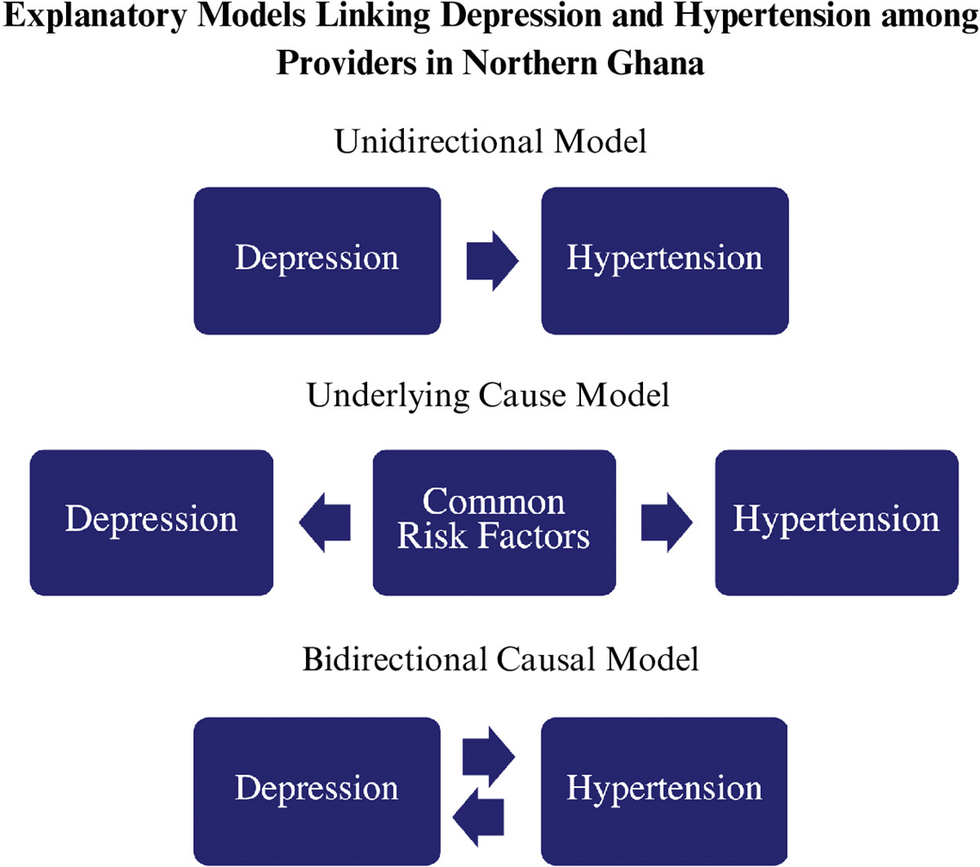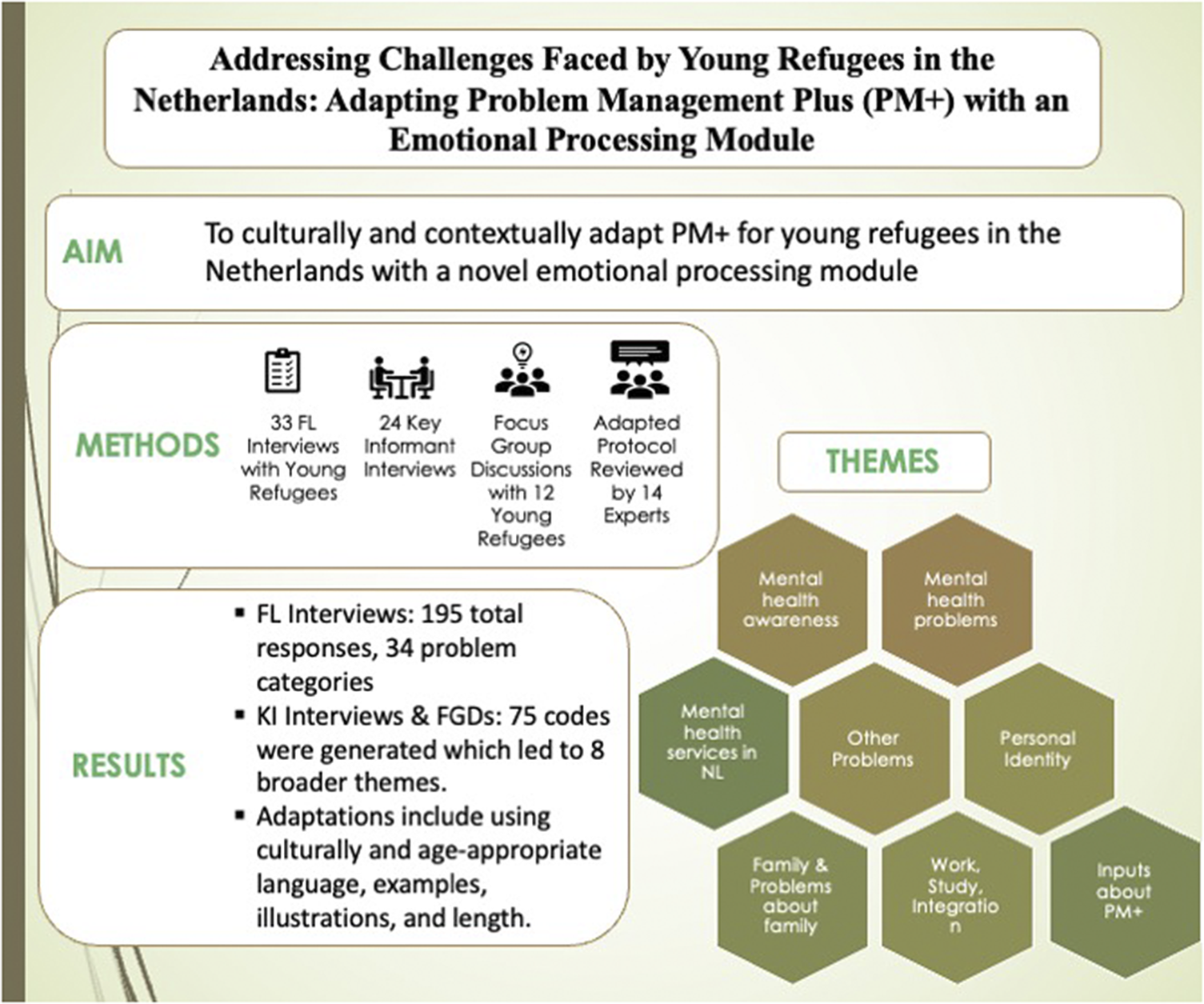Community-based psychosocial support (CB-PSS) interventions utilizing task sharing and varied (in-person, remote) modalities are essential strategies to meet mental health needs, including during the COVID-19 pandemic. However, knowledge gaps remain regarding feasibility and effectiveness.
This study assesses feasibility, acceptability and preliminary effectiveness of a CB-PSS intervention for conflict-affected adults in Colombia through parallel randomized controlled trials, one delivered in-person (n = 165) and the other remotely (n = 103), implemented during the COVID-19 pandemic and national protests. Interventions were facilitated by nonspecialist community members and consisted of eight problem-solving and expressive group sessions.
Attendance was moderate and fidelity was high in both modalities. Participants in both modalities reported high levels of satisfaction, with in-person participants reporting increased comfort expressing emotions and more positive experiences with research protocols. Symptoms of depression, anxiety and posttraumatic stress disorder improved among in-person participants, but there were no significant changes for remote participants in comparison to waitlist controls.
This CB-PSS intervention appears feasible and acceptable in both in-person and remote modalities and associated with reduction in some forms of distress when conducted in-person but not when conducted remotely. Methodological limitations and potential explanations and areas for future research are discussed, drawing from related studies.

